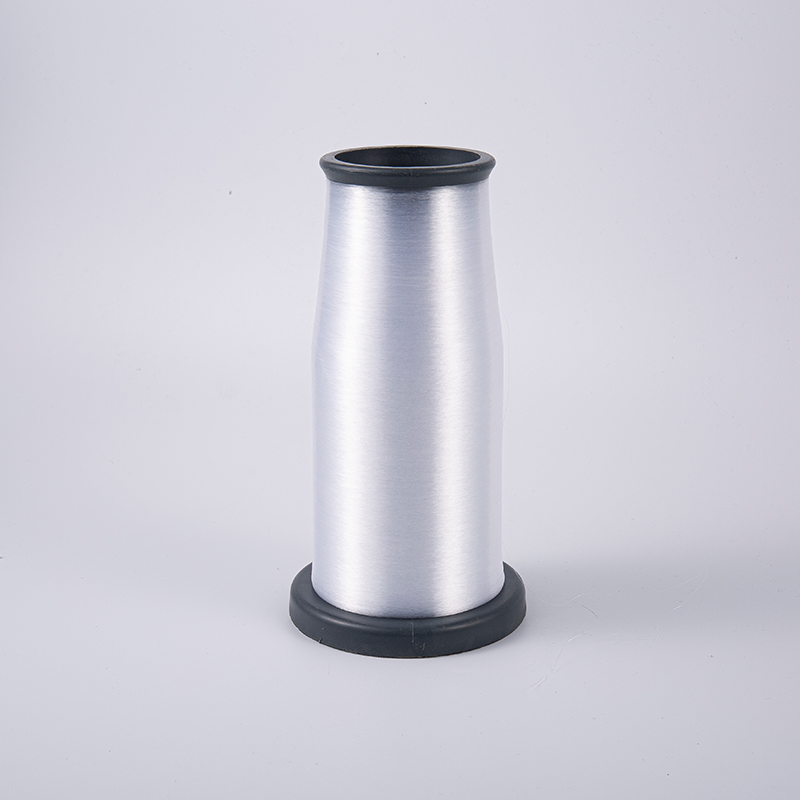
75/36 100% elastic yarn 20D Denier air-wrapped yarn: innovative technology improves fabric breathability
Jun 06,2025
Unraveling the Durability: Why Polyester Embroidery Thread Reigns Supreme
Jun 06,2025
The power of nonwovens: how non-woven fabrics impact modern life
Jun 06,2025
From strength to protection: Nylon cable performance and selection guide for various applications
Jun 06,2025
Creative Ways to Incorporate Sequin Yarn into Clothing Designs for Stunning Visual Effects
Jun 06,2025
Can Dope Dyed Polyester DTY Yarn be used for both weaving and knitting applications?
2023-10-09
What is the process of manufacturing Polyester Embroidery Sewing Thread
2023-10-23Your email address will not be published. Required fields are marked *
facebook twitter dribbble instagram
*Indicates a required field
Copyright © Shaoxing Qiufei Textile Technology Co., Ltd.  Custom Embroidery Thread Yarn Manufacturers
Custom Embroidery Thread Yarn Manufacturers
